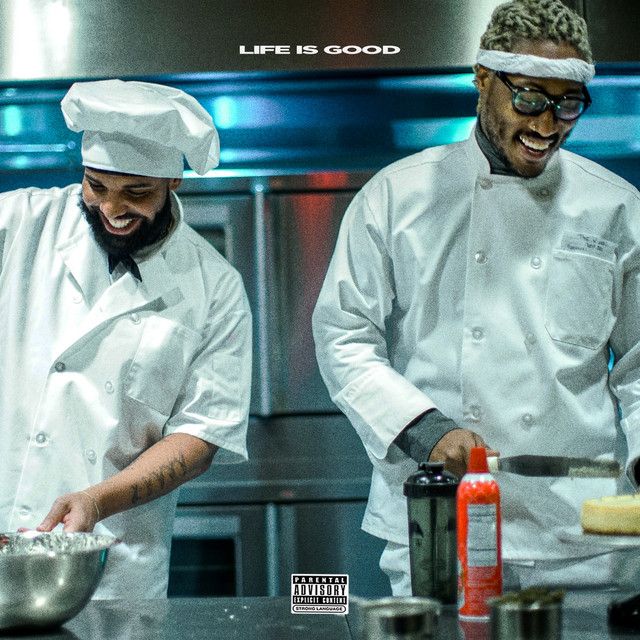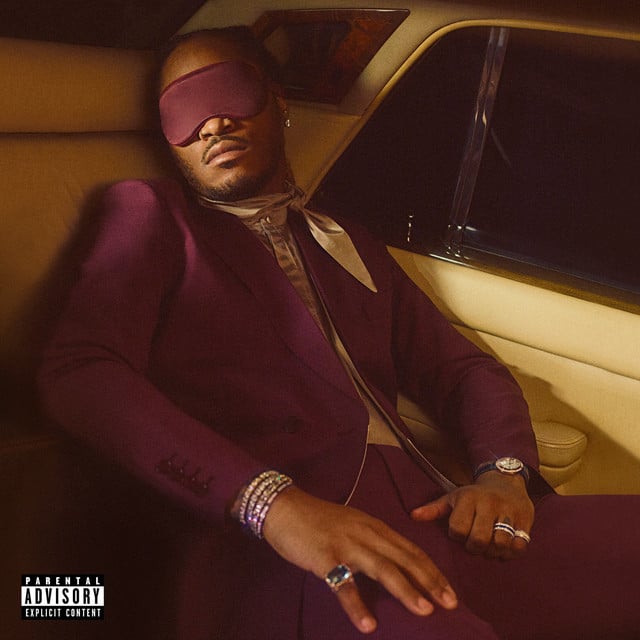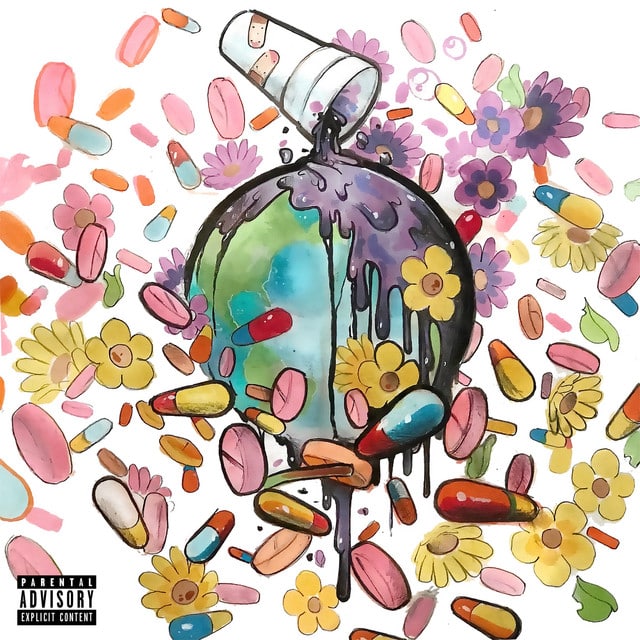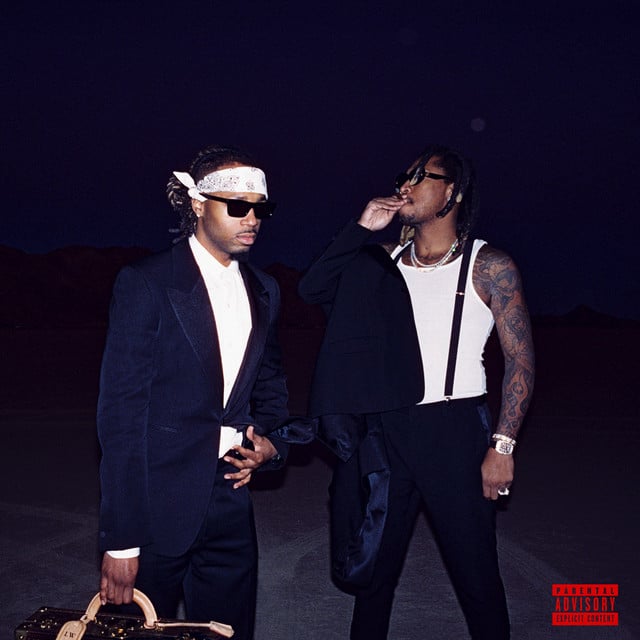Released: 2020 • Features: Drake
In “Life Is Good,” Future teams up with Drake to bring us a track that splits neatly in two, focusing on their success, lifestyle, and the challenges that pepper their path. It’s a celebration of the high life, with a raw look into the taxing side of fame. Now, let’s decode these bars and understand the heat they’re spitting.
The song kicks off with Drake reflecting on his work ethic, saying they’re “workin’ on a weekend like usual.” This line alone tells us about the non-stop grind, the commitment to success that doesn’t allow for breaks. When Drake mentions being “way off in the deep end,” he’s talking about pushing limits, often finding himself in deep, challenging situations. There’s a subtle flex about their status too; while others claim to have surpassed them, Drake sees these claims as exaggerated— they’re “doin’ too much.” The reference to not doing his taxes and being “too turnt up” is a candid nod to the chaotic lifestyle that success brings, where even crucial tasks can be overlooked amidst the continual hustle.
Drake then drops a line about Virgil Abloh, the late fashion designer, customizing a Patek Philippe watch, signaling success and wealth—watches going “nuts” with customization. He acknowledges a slip (mistake) but brushes it off, showing that setbacks aren’t significant obstacles. Drake also delves into the perils that come with the territory, hinting at violence without direct involvement and luxuriating in the plush life of manor houses, showcasing the highs of their lifestyle.
In Future’s part, the tone shifts to an even more braggadocious energy. Talking about spending “hunnid thousand for the cheapest ring,” Future showcases the financial prowess and the lavish lifestyle that come with his success. The reference to dealing cocaine and the permanent change it brought speaks to his past and the rough path to where he is now. The term “Taliban” acts as a metaphor for causing chaos, further emphasizing the tough, relentless spirit they embody. Future’s lines are a raw look into the extravagant lifestyle—jet-setting, expensive jewelry, fashion, and drugs like Promethazine and Percocet paint a picture of coping mechanisms amidst luxury.
Throughout Future’s verses, there’s a consistent boast about wealth, through luxury purchases and a life of opulence that seems boundless. Yet, interspersed within this are nods to their roots and the grim aspects of their rise to fame. There’s an undertone of defiance and survival, a reminder that their current status is a product of overcoming adversity. Each “woo” punctuates the hard-earned victories, whether it’s in overcoming poverty, eluding law enforcement, or outmaneuvering rivals.
In essence, “Life Is Good” is a dual narrative of success and the grind it takes to achieve it. Drake and Future give us a glimpse into the opulence that defines their lives but don’t shy away from the chaos and challenges that paved their way to success. The song is a celebration of luxuries won hard and lived fast, a testament to their undying hustle and the complicated tapestry of experiences that form their lived realities. They navigate their world with an understanding that life, with its ups and downs, is inherently good.








